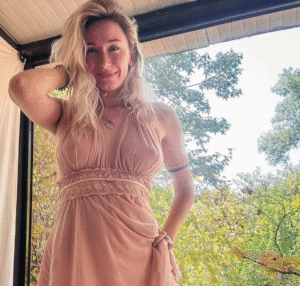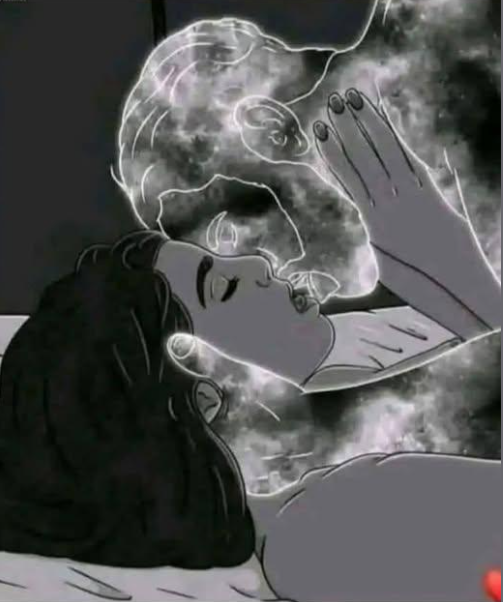Remembering the Struggles of Growing Up: When Childhood Memories Turn Uneasy
Growing up is often remembered with warmth—sunny afternoons, carefree laughter, simple joys. But for many, childhood carries a different kind of memory. It’s not always a golden haze of innocence. Sometimes, it’s a quiet ache, a heaviness that still lingers in the background of our adult lives. Uneasy childhood memories can be subtle or overwhelming, but they shape us in ways that are hard to ignore.
There are the memories of trying to fit in and failing, of wanting to be part of the group but always feeling like the odd one out. Maybe it was the clothes you wore, the way you spoke, or just something invisible that made others turn away. Recess could feel like a battlefield, and even friendships weren’t always safe. Some kids teased, others ignored, and both felt like rejection.
Some of us grew up under pressure—academic expectations, perfectionist households, the constant push to be better. Every report card mattered. Every mistake felt like a failure. You might remember the anxiety before a test, the fear of disappointing someone, the long nights trying to meet impossible standards. Praise was conditional, love felt earned, and rest was rare.
Others dealt with instability. Maybe it was financial stress, moving constantly, or living in a household where yelling was normal and silence was worse. The fear of not knowing what mood you’d come home to, of pretending things were fine in front of others, of growing up with secrets you weren’t allowed to share. It’s a kind of tension that doesn’t go away when you close the door behind you.
There were also the emotional voids. Parents who were physically present but emotionally distant. Caregivers who didn’t know how to offer comfort. Crying alone because you didn’t want to bother anyone. Learning to keep your feelings locked away because no one seemed to care. When love felt like a reward instead of a given, it left a wound that words couldn’t explain.
For some, the struggles were tied to identity—feeling out of place in your own skin, hiding parts of yourself to feel safe, or being told who to be before you had a chance to figure it out. If you didn’t match expectations—gender roles, behavior, interests—you might have been met with confusion, judgment, or worse. That loneliness runs deep.
There’s also the trauma that never got named. A slap that wasn’t called abuse. A betrayal that was never spoken of. A sadness that everyone ignored. These experiences leave marks, even when they go unrecognized. Childhood teaches us how the world works, and when it teaches fear, shame, or silence, we carry that into adulthood.
And yet, amidst the struggle, there was survival. You found ways to cope. Escaping into books, music, or imagination. Finding refuge in a teacher, a friend, a hobby. Holding onto moments of peace, however fleeting. Maybe you learned to be funny to hide the pain, or quiet to stay unnoticed. Maybe you built a version of yourself that others liked, even if it wasn’t the real you.
Now, looking back, those memories may feel complicated. Maybe you miss parts of your childhood even as you mourn others. Maybe you feel guilty for remembering the bad parts. But your truth matters. Your pain is valid, even if others had it “worse.” Comparison doesn’t cancel out what you felt.
Acknowledging those uneasy memories is not about blame—it’s about healing. It’s about seeing your younger self with compassion instead of criticism. It’s about understanding why certain things trigger you, why you fear rejection, why you still long for approval. Childhood struggles don’t disappear with age; they resurface in patterns, relationships, and self-worth.
But they don’t have to define you. You are allowed to rewrite the story. To give yourself the love you didn’t receive. To set boundaries that weren’t taught. To speak the truth that was silenced. To be soft in a world that told you to toughen up. Healing is not forgetting—it’s remembering with kindness.
You are not broken because your childhood was hard. You are strong because you made it through. Those uneasy memories are chapters, not the whole book. And every time you choose to face them, to feel them, to understand them—you are taking back your power.
Growing up was not easy. But remembering it, honestly and fully, is a powerful step forward.


